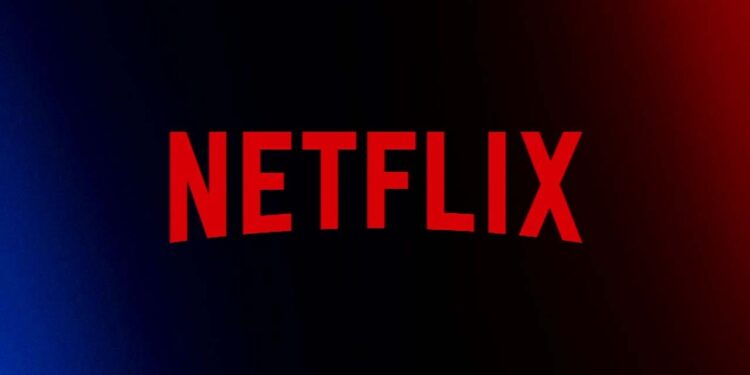In August 2024, Marc Randolph, co-founder and ex-CEO of Netflix, shared a compelling perspective on ambition and achievement, reflecting on his leadership at the world’s leading streaming platform. He advocated for strategy and practical wisdom instead of a reckless sprint towards success. His principle of “working smarter, not harder” has consistently characterized Netflix’s vibrant culture that empowers employees and has remained relevant over the years.
Even after Randolph bid farewell to his executive role in 2003, his vision for a forward-thinking and culturally responsive workplace has been evident throughout Netflix’s ascent. The streaming powerhouse has sought to challenge conventional notions of workplace identity, doing away with stringent 9-to-5 hours and emphasizing staff health and flexibility. Netflix provides free on-demand counseling, enables employees to tailor their remuneration package between salary and stock options, and has maintained significant maternity benefits to this day.
Netflix revises its parental leave policy as it undergoes strategic shifts
This week, reports emerged from Netflix employees that those on paid parental leave faced layoffs, while the company claims its changes in parental leave align with a broader effort to refresh company culture. In this transition, Netflix is reevaluating all employee benefits and workplace standards, assessing how they may either inhibit or promote aspirations for the upcoming year. This marks a notable transformation for the streaming service, which is increasingly focused on maintaining its market leadership.
For a long time, Netflix has prioritized values and outcomes over stringent regulations, aiming to alleviate structural burdens on employee development. The company has embraced the idea of a “lifelong” approach, acknowledging that we’re living longer and expect more from the environments we commit to for extended periods. Simon Kuestenmacher believes that in this ‘new era of work,’ businesses, along with advancing technology, are fostering a more liberating hybrid form of employment that allows individuals to achieve balance in their professional and personal lives. Such harmony can only flourish on a foundation of mutual trust that aligns the interests of both companies and their workers.
Streaming service dedicated to hiring only the ‘top tier’
In a recent cultural memo, Netflix reiterated its dedication to “individual freedom” and “self-governance” while outlining its evolved ethos for a new phase. The company now seeks to attract only the “top-tier talent,” drawing comparisons to a “professional sports team” rather than a family environment.
As reported by The Wall Street Journal, Netflix has communicated conflicting messages to its staff regarding its revamped parental leave policies, hinting at a potential retreat from its previous offerings. While the company initially advocated a one-year benefit, it has since issued vague and often contradictory internal communications, leaving staff unclear about their choices. Reportedly, taking more than six months off has become a precarious career move, according to various sources.
The modification of parental leave policies has sparked debate since 2022, coinciding with significant workforce reductions following the end of the pandemic’s surge. Some employees have faced termination during or right before their return from maternity leave with little to no warning.
With over 14,000 staff members, Netflix’s earlier strategy concerning employee benefits is experiencing pressure as the company emphasizes profitability amidst increasing competition from giants like Apple, Disney, and Amazon. The company’s resolve to solidify its financial standing took a new direction with the crackdown on account sharing in 2022, resulting in over 45 million new memberships.
Netflix’s strategic direction as competition with YouTube intensifies
While perks and rewards are crucial for a thriving work environment, their value for employees hinges on trust. As Netflix forges a new direction, ensuring its workforce remains engaged and reliable will be key to its ongoing success. A steadfast approach to growth and realignment can only truly succeed when employees envision a promising future.
Navigating these challenges is nothing new for Netflix, a brand that has never shied away from making difficult choices in pursuit of a new direction. No formal contracts exist, allowing the company to part ways with employees, regardless of their position, at any time. Furthermore, Netflix employs a “keeper test” for managers to assess and affirm the worth of their team members.
Managers reflect, “If X decided to leave, would I advocate to keep them? Or, knowing what I know now, would I rehire X?” If the answer is negative, the company believes it is more just for everyone involved to conclude the relationship swiftly, as stated on Netflix’s website.
While Netflix may currently be ahead in the streaming sector, YouTube is emerging as a significant contender to its U.S. supremacy—an rivalry poised to escalate further in 2025. The company’s growing practicality is a clear sign of transformation, yet the journey to greater heights must always take into account what merits preservation. Progress is best achieved through collaboration.


